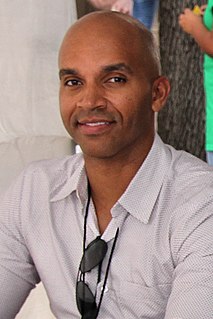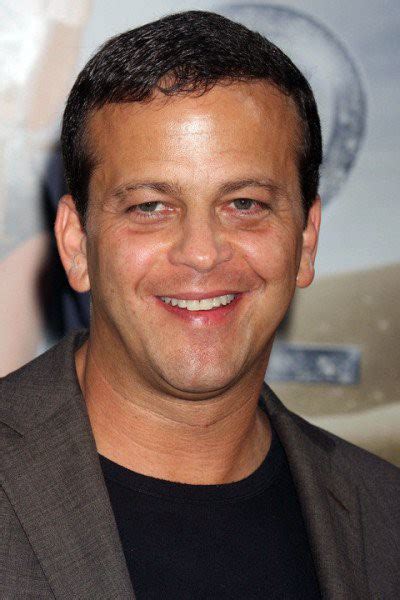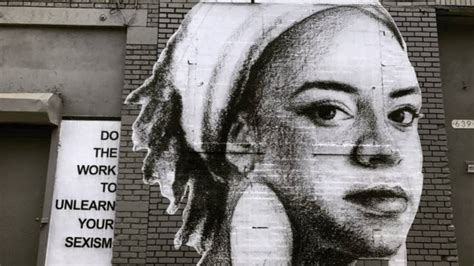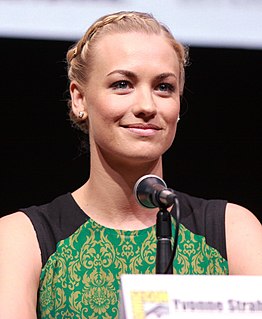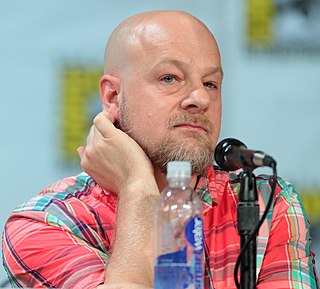A Quote by Russell Brand
What I liked about it is in the world of children, there are very, very different rules and a kind of naivete and innocence and sweetness that's been beautifully captured, I think, by this film as you can even see gesturing toward the film's poster on display nearby from this gorgeous artwork.
Related Quotes
I think, for me, Julian Schnabel set a great precedent in being able to cross over so successfully. I feel like his artwork is kind of big, grand, and bombastic, yet the films that he makes are very beautifully sensitive, and I just feel that his filmmaking sensibility is very different from his artwork.
For film, you know, the Tarantinos and Nolans of the world who are very focused on a certain kind of film aesthetic and a certain kind of presentation, to be honest, that comes from a place of privilege. It comes from a place of always having access to such, but when you ain't never - you can't see it because you can't even get to it.
I left film because I felt that photography was my art. It was something I could do on my own, whereas film was so collaborative. I thought as a photographer I could make something that was artistic and that was mine, and I liked that. And it wasn't until I got back into film and I have very small crews and I could do very tiny filmmaking that wasn't 100 people that I still felt that I was making something artistic as a filmmaker. So, you know, I'm an artist, and whether it's photography or film, I want my voice to be there and I think my voice is very strong in this film.
Film writing and concert writing are two very different things. In film writing I am serving the film and it tells you what to write. I have to stay within the parameters of the film. In writing concert music for the stage I can write anything I want and in this day and modern age rules can be broken.
You make a film and you can't really pick the way it's put to the public. You control the content, but the way it's marketed, or the poster, or what they're telling the public about the film, it's beyond you. Some people don't even see them, because they think they already know it. That can be frustrating, when something you've done is marketed in a way you think is antithetical to what it is.
I think it's very important to get this stuff on film, not just the behind-the-scenes of the process, but also the interviews with the women. We're going to try to do some on-the-street filming, getting people's reactions to the work, and seeing if we can get some street harassment happening on film so people can see what we're talking about. It's important to have some type of documentation so people can see what happens when we create this artwork and why I'm creating it.
On one level, this was the biggest challenge out there - to make a film of this scope, in this amount of time, and to go into a different genre, essentially. Yes, I've done a vampire film, but 'Eclipse' is a very different kind of thing. This is a romantic story, which swings from a darker, more abject feeling to very pure romantic scenes.


